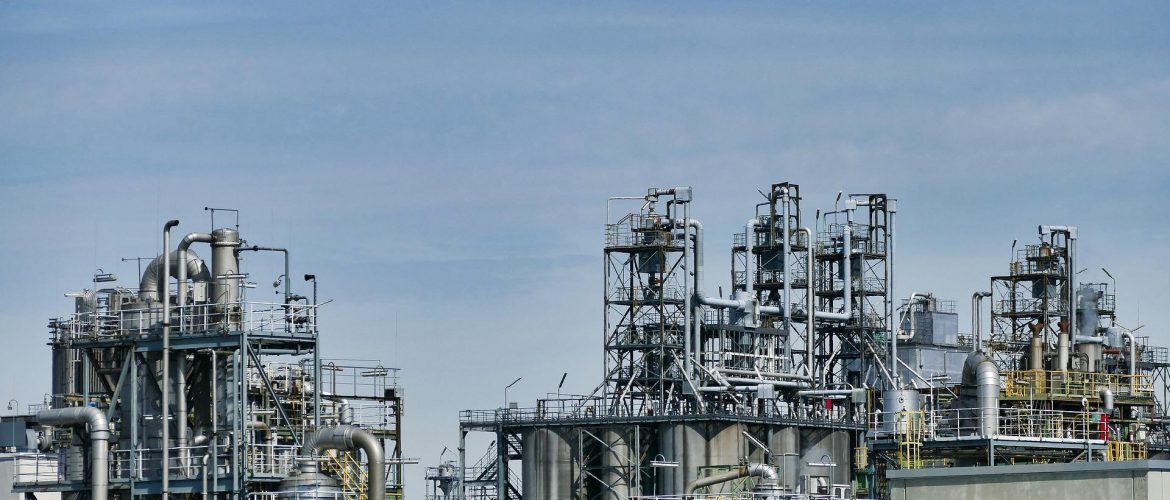Nikos Mantzaris comments on the government’s policy on energy transition at the investigative report “It’s all about the ‘transitional’ natural gas” conducted by Manifold and published in Reporters United.
Commenting on the government’s choices in energy policy making since Greece’s commitment to completely phase-out lignite, on September 2019, Nikos Mantzaris stressed that the great dilemma was – and still is – what should accompany the deployment of Renewable Energy Sources. As he said, “as the share of renewables in the domestic electricity generation mix increases, we need an underpinning to ensure the stability of the system. How will this be done? Either with gas or with energy storage infrastructure and demand-side management. I am obviously in favor of the latter. Storage would be both compatible with environmental objectives and economically viable in the long term.”
He then distinguished pump hydro energy storage as a “super-mature” technology that can help address the storage problem” and pointed out that the difficulty with this technology lies in the land use requirements which are specific but perhaps exaggerated as a potential problem.
Referring to the meetings of environmental NGOs with Kostis Hatzidakis when he was in the leadership of the ministry – which were systematically held and ceased with the change of leadership – Nikos Mantzaris stressed that he regularly raised the issue of pump hydro storage. He referred in particular to research conducted by the National Technical University of Athens which showed that the PPC could convert – cheaply and rather quickly- 7 pairs of hydroelectric plants it owns to pump-hydro energy facilities, while generating significant profits along the way. Despite persistently referring to these possibilities, he never received an answer as to why the government does not adopt this strategy.
The report was published on 20 April 2022 and is the second in a series of reports on the energy transition in Greece carried out by Manifold in collaboration with and funding from Source Material (UK).
The full text of the report is available here.



















































































































































































































































































































